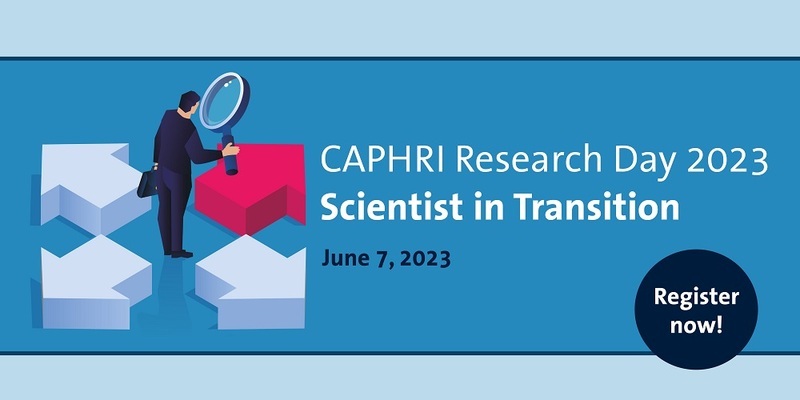Workshops
14:45- 16:15 CEST
Please note: For some workshops there are limited seats available, so make sure to sign up on time before 24 May. Everyone, both Scientific Staff/Support Staff are welcome to participate in the workshops.
1. Interactive lecture ‘Design’ by Liesbeth Smit
Do you want to become a better designer and be more creative with your science communication? This design crash course will teach you the design principles to help you create more effective and appealing reports, (poster) presentations, diagrams and infographics about your research. Learn how to use colors, fonts, icons, images & data visualizations and get familiar with popular design tools to get you started. With many examples of excellent and poor scientific design along with practical tips.
2. Workshop 'Scientist in translation; how to translate your research to a broader audience'? by Annemarie Stiekema and Eefje Peters
Communicating about science in an easy-to-understand way is a prerequisite for creating impact beyond academia and for open science. But how do you explain your research to people without an academic or medical background? In this workshop you’ll learn some tips and tricks of translating complex subjects to a lay public. We’ll also dive into the use of social media for science communication.
3. Workshop 'Are we being FAIR'? By Sil Aarts (AWO-L, werkgroep AI MUMC+/UM), Tim Lustberg (Datahub) and Aiara Lobo Gomes (Clinical data science, GROW).
The COVID-19 pandemic has shown us how important it is to have data that is FAIR, so that we can find, analyse and reuse data on a large (inter)national scale. But what exactly are FAIR data and how do we ensure that our data are actually FAIR? In a 1.5 hours workshop, we will demonstrate the four FAIR principles (Findable, Accessible, Interoperable & Reusable) and the role Datahub can play herein. Based on one or more cases, participants will (in groups) get to work on making data FAIR by receiving an example dataset. Afterwards, we let the groups 'assess’ each other's data: do we understand each other's datasets and are these data really FAIR (e.g. in terms of 'reusability')?
4. Workshop 'Citizen Science: climbing the ladder of citizen participation' by Lotte Prevo (Gemeente Roermond)
Engagement of citizens is imperative to make sure that society optimally benefits from our research. A ladder of citizen participation exists, ranging from non-participation to citizen power, where each step represents a different level of community participation. While climbing the ladder, community members are given more power in the participatory activities. During this interactive session, you will be introduced to the different steps of the participation ladder. Moreover, you will get to know some of the tools and best practices that you as a researcher can use to facilitate climbing the ladder.
5. Workshop 'Responsible supervision from the perspective of the PhD candidate and the supervisor' by Tamarinde Haven.
When conducted in a manner that emphasizes rigorous and transparent research, supervision can be an important means to socialize PhD candidates into responsible research practices. Yet how is responsible supervision understood from different perspectives, and how do you create an atmosphere of psychological safety where dilemmas and mistakes can be openly discussed? In this workshop, we take results from an ongoing study into responsible supervision and apply these to our own research. We work interactively by reflecting on existing cases and good practices.
CAPHRI Research Day
 Registration website for CAPHRI Research Day
Registration website for CAPHRI Research DayCAPHRI Research Daysecretariaat-caphri@maastrichtuniversity.nl
CAPHRI Research Daysecretariaat-caphri@maastrichtuniversity.nlhttps://www.aanmelder.nl/143945
2023-06-07
2023-06-07
OfflineEventAttendanceMode
EventScheduled
CAPHRI Research DayCAPHRI Research Day0.00EUROnlineOnly2019-01-01T00:00:00Z
To be announcedTo be announced